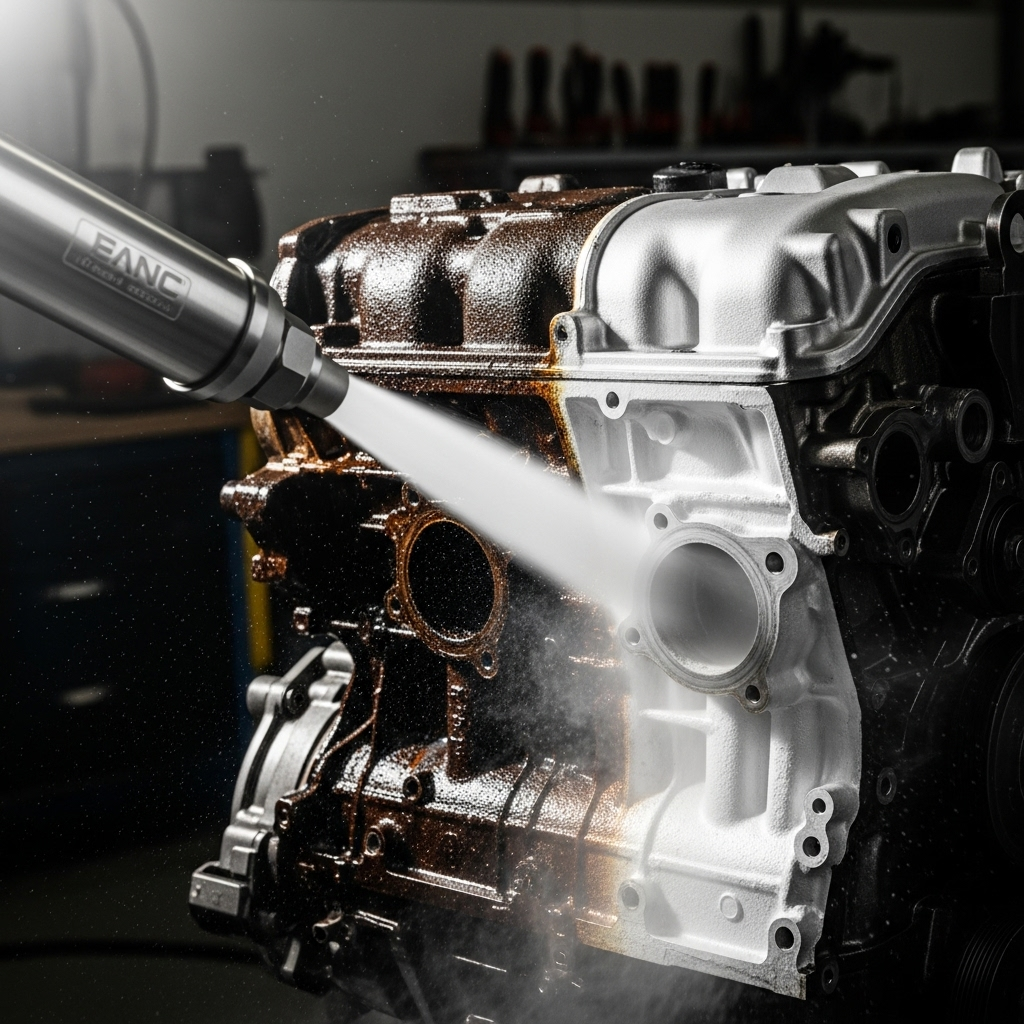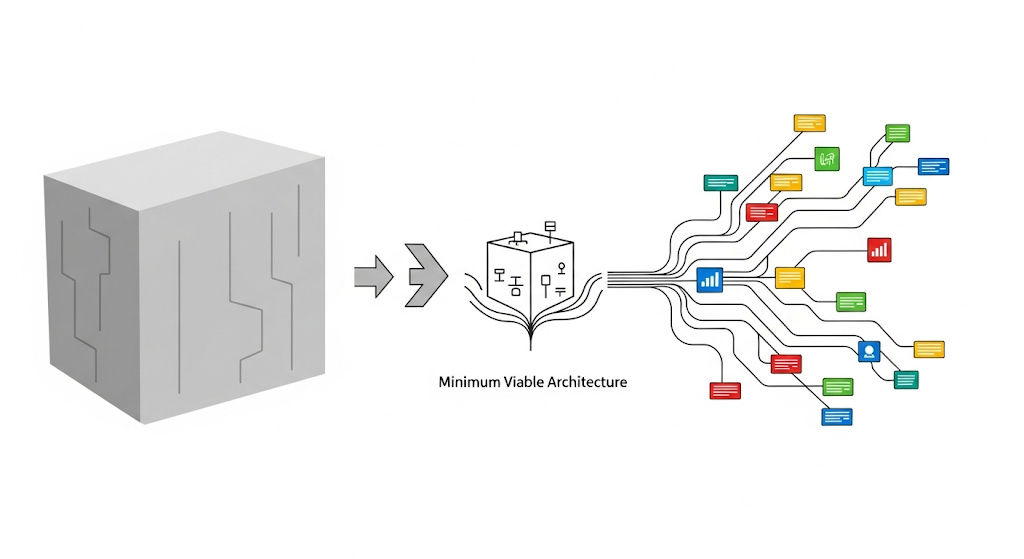The Real Reason AI Is Going Back to the Terminal

Have you noticed the sudden resurgence of Command Line Interfaces (CLIs) in the AI world? It seems like every major AI player, from Claude Code and Gemini CLI to OpenAI's Codex and even Cursor, is making a strategic pivot back to the terminal. If you're wondering why this 'return to terminal' is happening and what it means for developers, you're in the right place! This isn't just a nostalgic trip; it's a deliberate and calculated move by some of the biggest names in AI, and it's set to redefine how we interact with these powerful models.





 Ever wondered why your favorite tech platforms, once sleek and user-friendly, now feel bogged down with an endless stream of ads and questionable content? You're not alone! This VPRO Tegenlicht documentary dives deep into a phenomenon aptly termed "Enshittification" by American activist and writer Cory Doctorow. It explains how platforms like Google, Instagram, and YouTube are deliberately degrading their services, filling search results with ads and scams, and prioritizing revenue over user experience.
Ever wondered why your favorite tech platforms, once sleek and user-friendly, now feel bogged down with an endless stream of ads and questionable content? You're not alone! This VPRO Tegenlicht documentary dives deep into a phenomenon aptly termed "Enshittification" by American activist and writer Cory Doctorow. It explains how platforms like Google, Instagram, and YouTube are deliberately degrading their services, filling search results with ads and scams, and prioritizing revenue over user experience. The Dutch housing market feels like a game of musical chairs where the music has stopped, but the prices keep soaring. Starters feel hopelessly locked out, while homeowners watch their equity balloon into astronomical figures. In a fascinating discussion on "De Nieuwe Wereld," economist Jona van Loenen dissects this gridlock, arguing that the familiar mantra of "we just need to build more houses" dangerously misses the point.
The Dutch housing market feels like a game of musical chairs where the music has stopped, but the prices keep soaring. Starters feel hopelessly locked out, while homeowners watch their equity balloon into astronomical figures. In a fascinating discussion on "De Nieuwe Wereld," economist Jona van Loenen dissects this gridlock, arguing that the familiar mantra of "we just need to build more houses" dangerously misses the point.